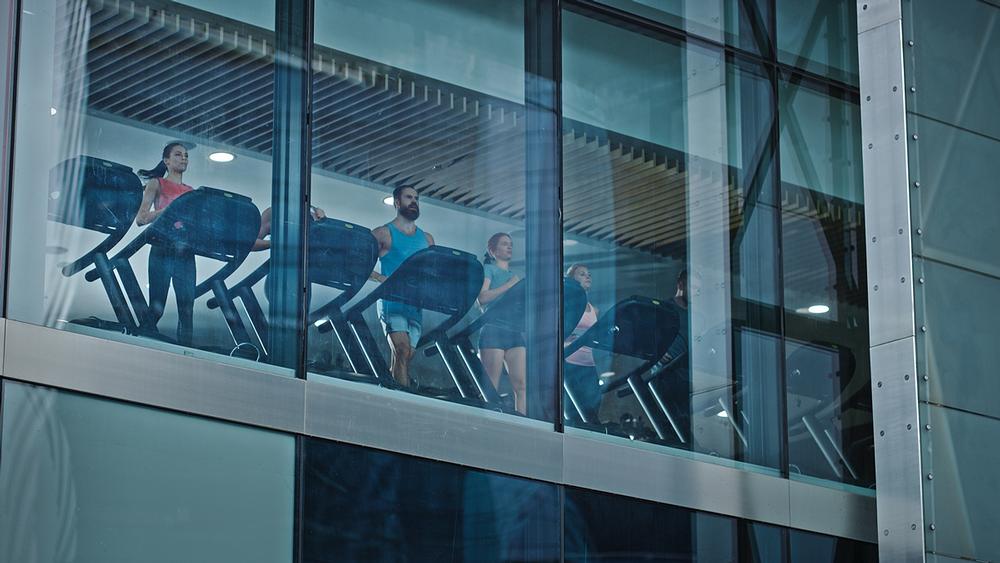With the end of the rent moratorium inevitable at some point – potentially as early as the end of March this year, the health and fitness sector is urgently calling on the government to intervene.
Without targeted support, we could see the end of some previously thriving fitness businesses, which will not be able to afford a lump-sum payment of one year’s rent, when they’ve been forced to close for eight of the last 12 months.
Even operators who can afford the back rent payments are reporting that the cash hit will adversely affect their expansion plans going forward, which will ultimately impact the health of the nation.
Industry representatives are working hard to lobby government to give the sector the type of targeted support the hospitality industry has benefited from and asking for an extention to the rent moratorium, VAT breaks and rate relief.
The latest figures from ukactive show that 400 facilities have already closed permanently.
In the public sector, the District Councils Network estimates £411m has been lost during the pandemic by leisure centres run by district councils and says many won’t survive the third lockdown without rescue funding.
This means unless the government intervenes, many leisure centre swimming pools and gyms could be lost forever.
What can be done to resolve the rent issue and ensure the industry doesn’t suffer an economic ‘Long COVID’, so we can continue to support the health of the nation? We ask the experts.


























































